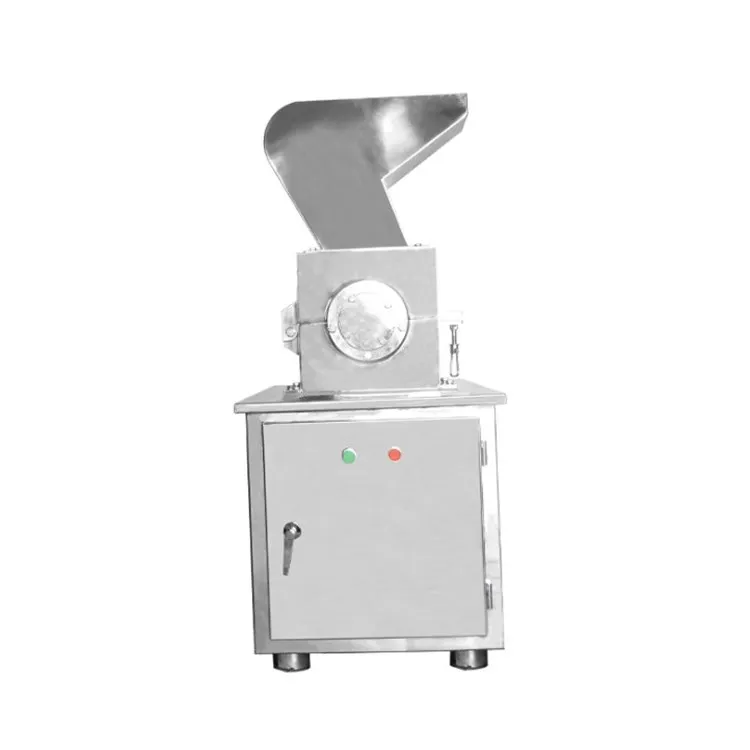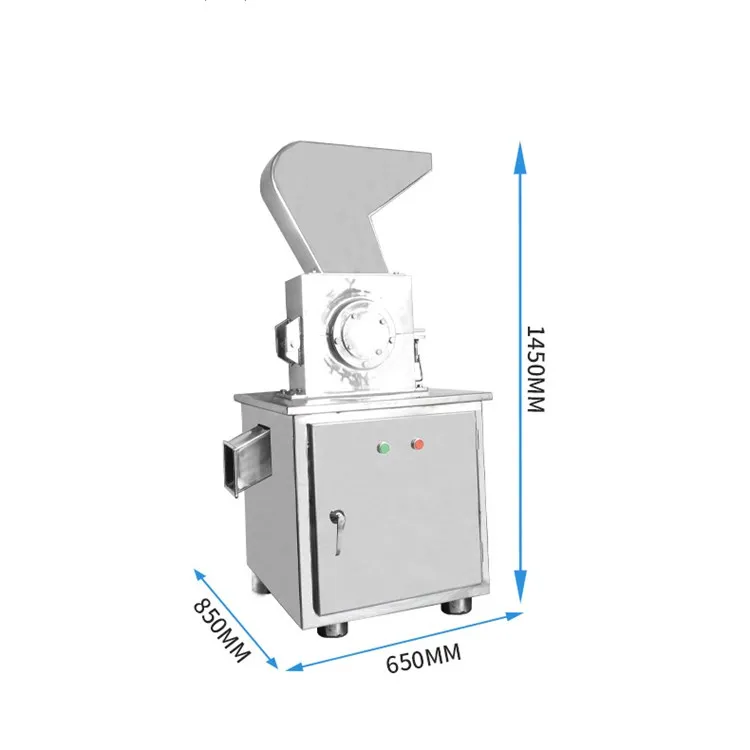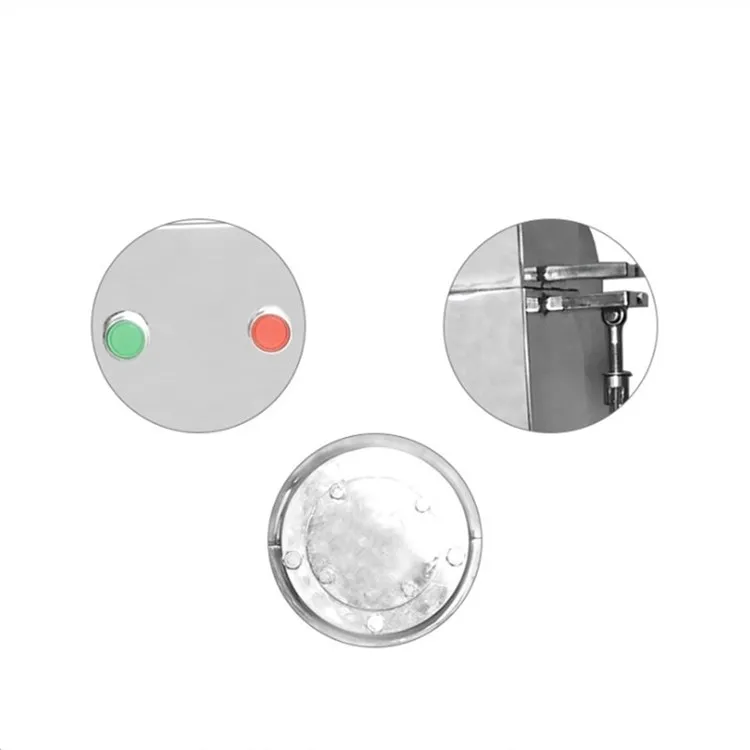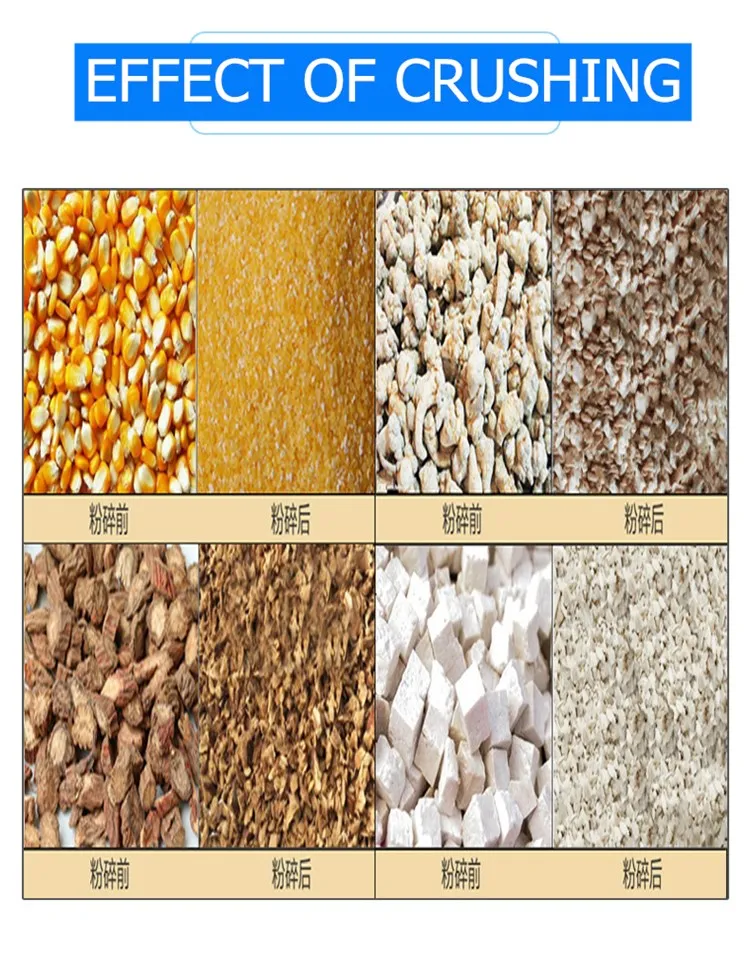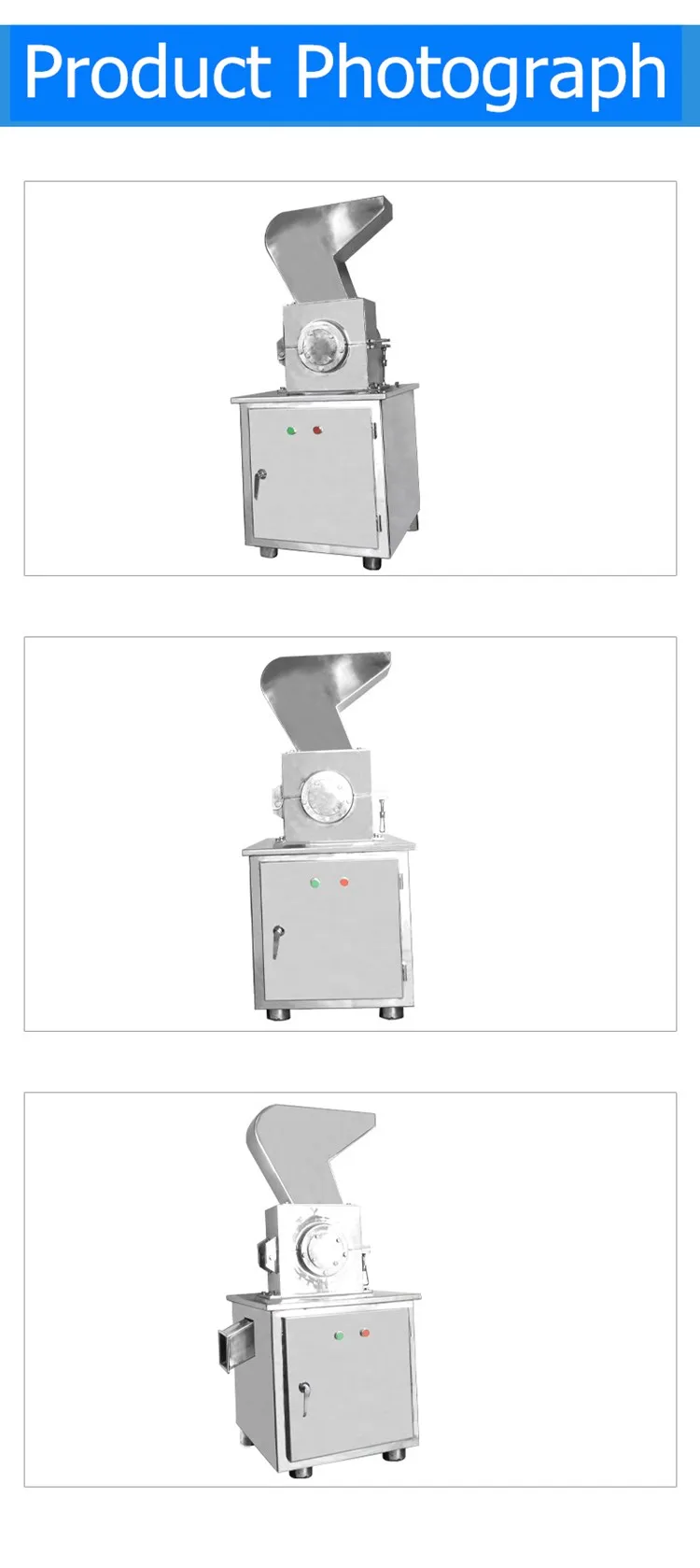Seaweed: Benefits, Types, and How to Choose the Best
Seaweed has gained popularity as a superfood due to its rich nutrient profile and versatility. Whether you're looking to boost your health or explore new culinary options, understanding the different types and benefits of seaweed can help you make informed choices.
How to Find Reliable Seaweed from China in 2025
China is a leading exporter of seaweed, but finding reliable suppliers requires careful research. Look for certifications like ISO and HACCP, and check customer reviews on platforms like Alibaba. Always request samples before bulk purchases to ensure quality.
What Buyers Should Know Before Buying Seaweed from China
When sourcing seaweed from China, consider factors like harvesting methods, processing standards, and shipping logistics. Opt for suppliers with transparent supply chains and those who provide detailed product specifications.
Types of Seaweed
There are several types of seaweed, each with unique benefits:
- Nori: Commonly used in sushi, rich in protein and vitamins.
- Kelp: High in iodine, supports thyroid health.
- Dulse: A red seaweed packed with minerals like iron and potassium.
- Wakame: Often used in salads and soups, known for its umami flavor.
Functions and Features of Seaweed
Seaweed is nutrient-dense, offering vitamins A, C, E, and K, along with minerals like iodine and calcium. It also contains antioxidants and fiber, making it beneficial for digestion and immune health.
Scenarios of Seaweed
Seaweed is versatile and can be used in various ways:
- Culinary: Adds flavor to soups, salads, and sushi.
- Health Supplements: Available in powder or capsule form.
- Cosmetics: Used in skincare products for its hydrating properties.
How to Choose Seaweed
To select the best seaweed, consider:
- Color and Texture: Should be vibrant and free from discoloration.
- Smell: Fresh seaweed has a mild, oceanic aroma.
- Packaging: Opt for airtight packaging to preserve freshness.
Seaweed Q & A
Q: Is seaweed safe for daily consumption?
A: Yes, but moderation is key due to its high iodine content.
Q: Can seaweed help with weight loss?
A: Its high fiber content can promote satiety, aiding weight management.
Q: How should I store dried seaweed?
A: Keep it in a cool, dry place away from sunlight.
Q: Are there any side effects of eating seaweed?
A: Excessive intake may lead to iodine overload, so consume in moderation.
Q: Where can I buy high-quality seaweed?
A: Reputable online platforms like Alibaba or local health food stores.









































































